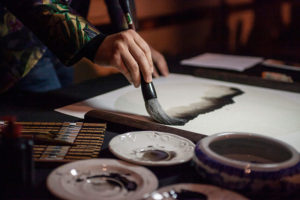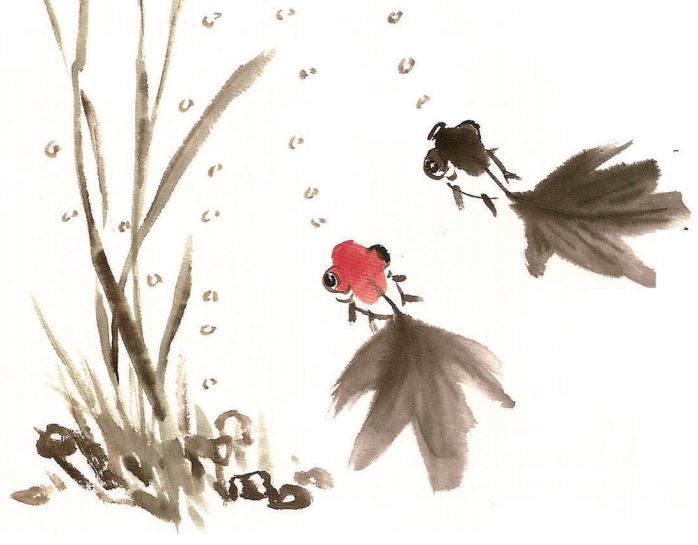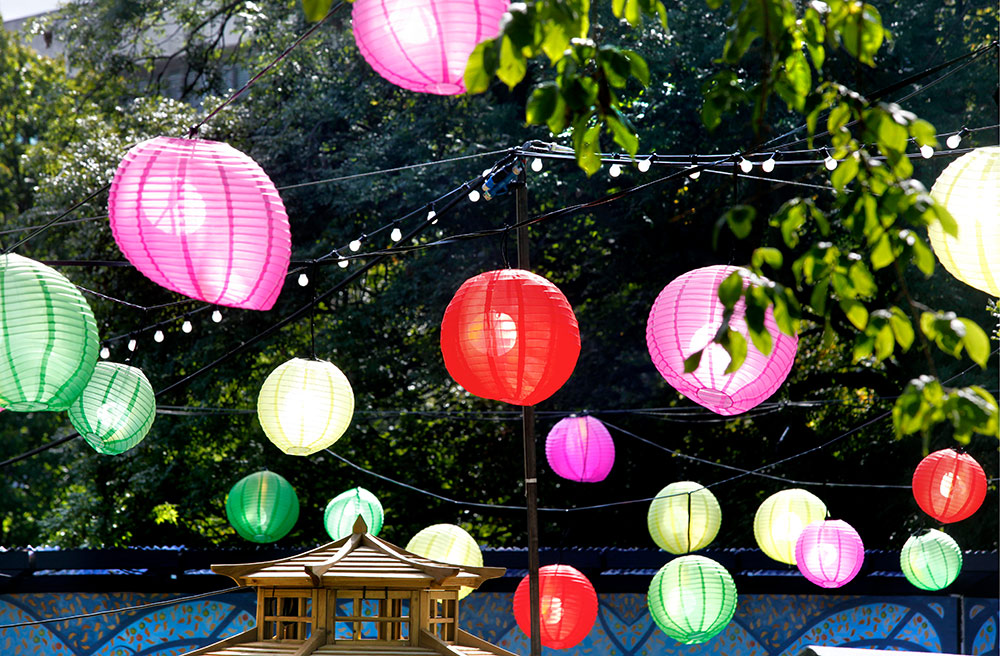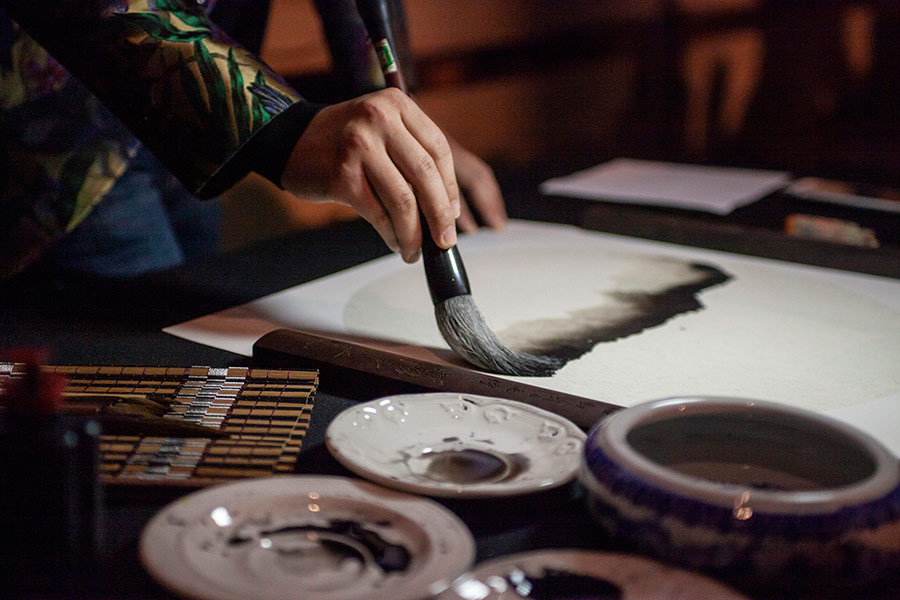We are pleased to continue supporting programmes running at The Hippodrome, Scotland’s number one ‘destination’ cinema and winner of Best Cinema Experience in Scotland 2019.
Adapted from one of China’s most beloved novels, this “spirit magic” film follows the adventures of characters familiar to Gen X from the cult BBC dubbed broadcasts of the Chinese TV series Monkey in the late 70s and early 80s.
Pious Buddhist monk Tripitaka is tasked by the Goddess of Mercy – on instructions from the Buddha – with the mission of journeying to “the West” and bringing back sacred texts. Accompanying Tripitaka on his quest are three disciples, Monkey, Pigsy and Sandy, and the Dragon prince, who has taken the form of a white horse.
For more details and to book ticket, please visit HERE
HippFest Musician Masterclass with Frank Bockius and Günter Buchwald – Thu 20 Mar, 2-4pm, Reid Concert Hall
Masterclass: Musical accompaniment for Silent Film
The Reid School of Music at the Edinburgh School of Art invites HippFest audiences to take a ringside seat at a musicians’ masterclass led by Günter Buchwald and Frank Bockius, joining post-graduate students of composition to hear from two of the world’s foremost silent film musicians on the art of silent cinema accompaniment. Acclaimed composer, conductor and instrumentalist Günter Buchwald and world-renowned percussionist Frank Bockius will lead the session. Together, they bring decades of experience in accompanying, improvising, semi-improvising and composing for silent cinema.
Read more about the master class and sign up HERE



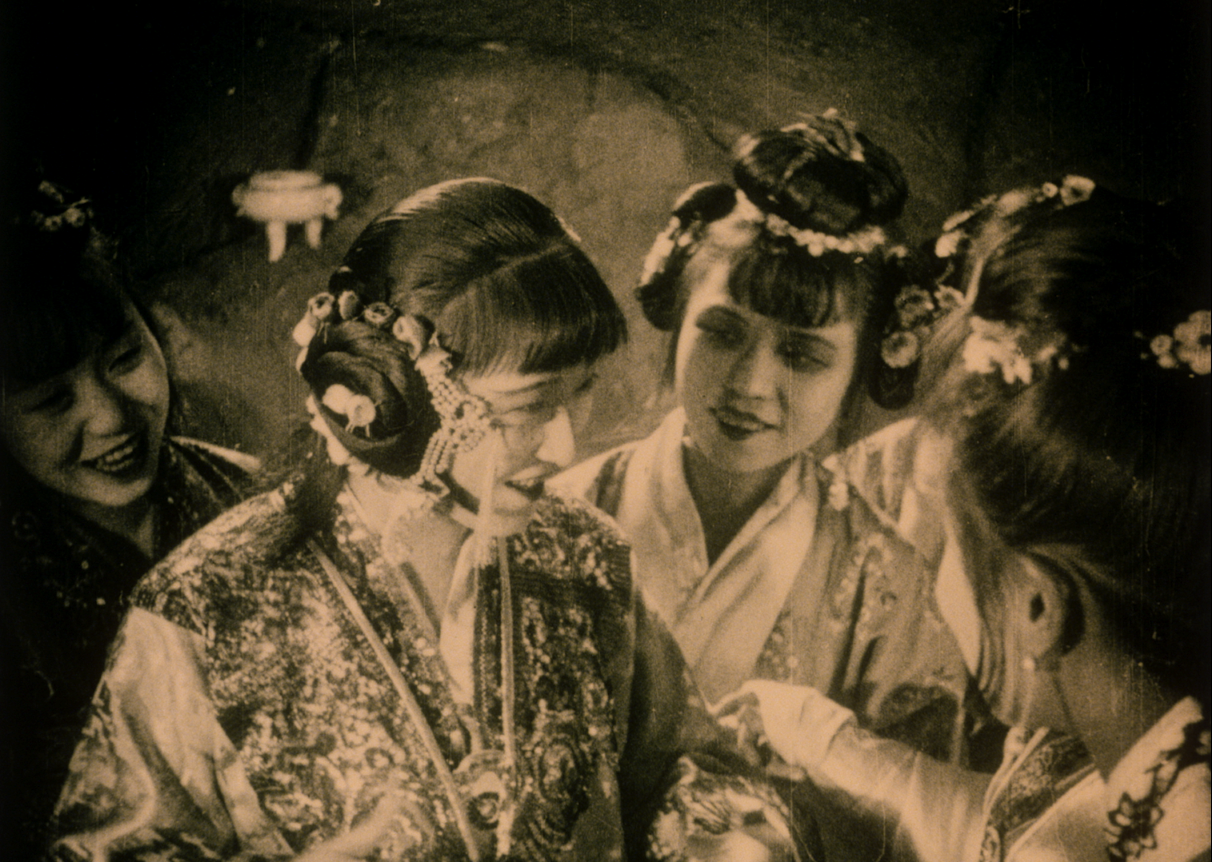

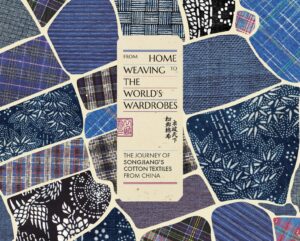
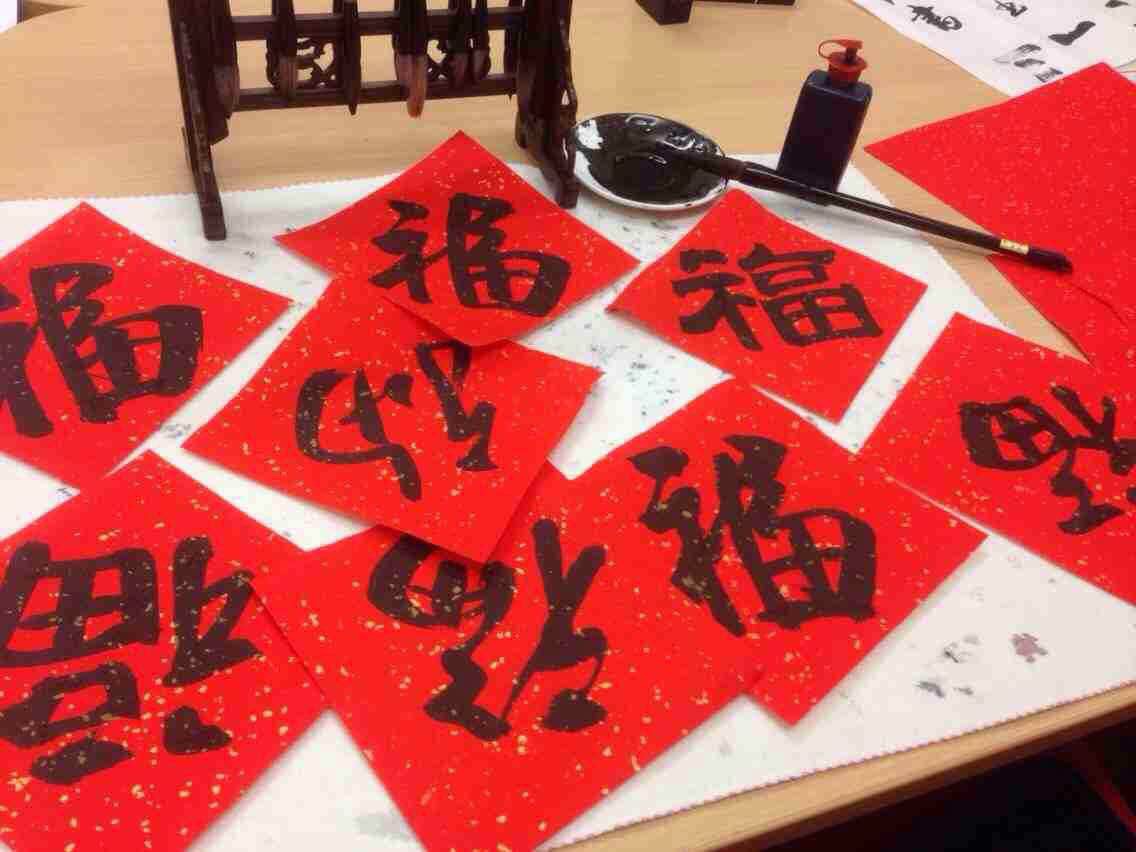
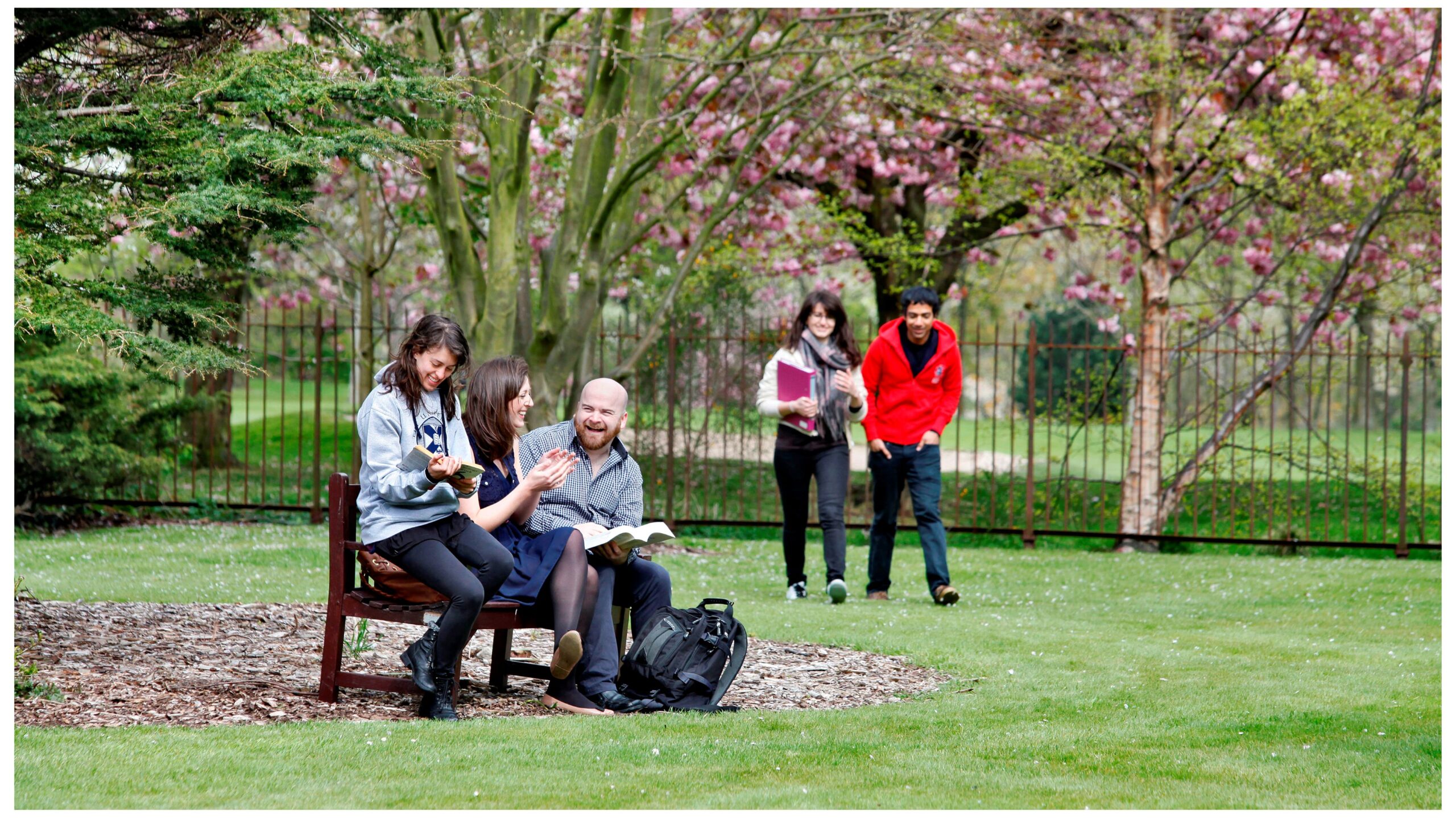
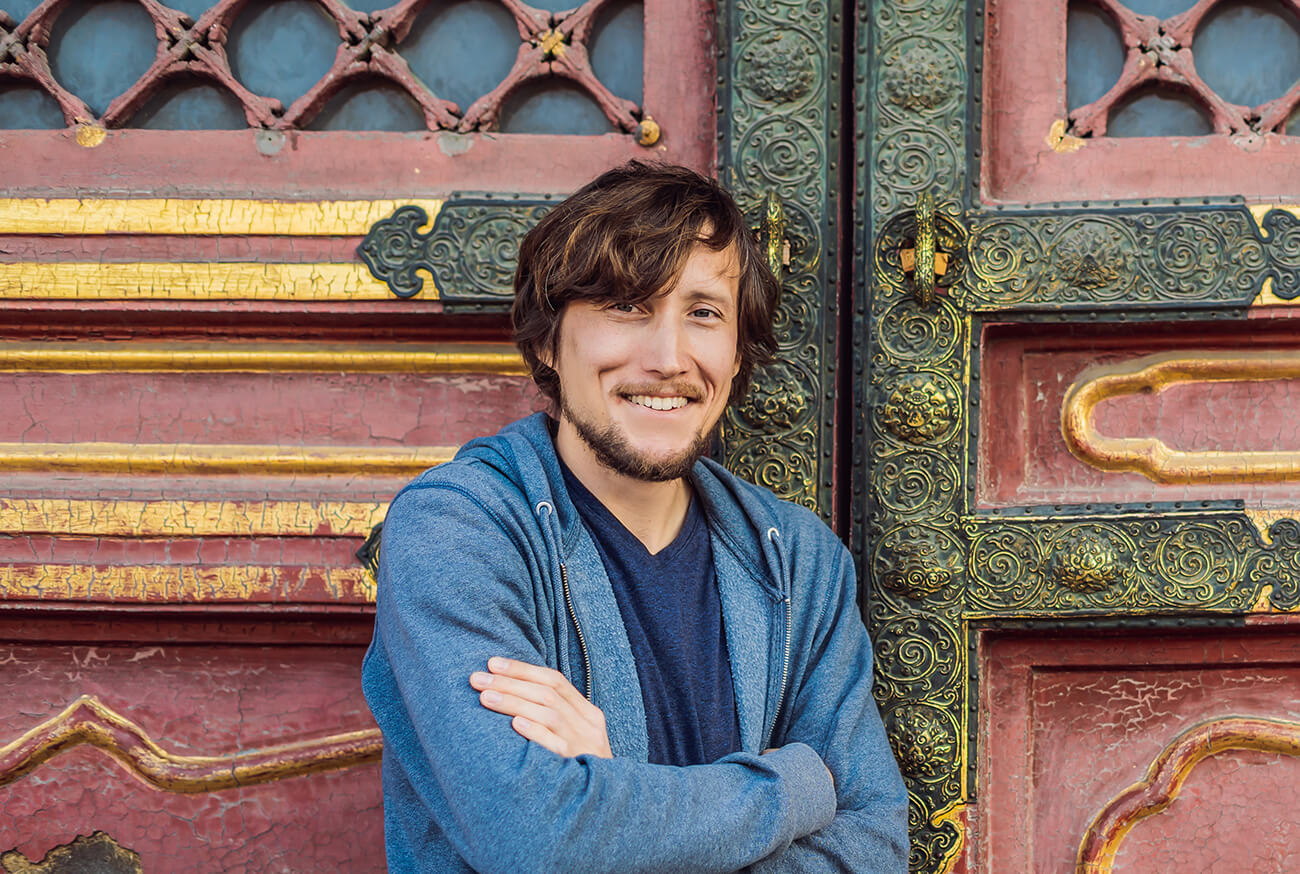

 The Dragon Boat Festival (端午节/端午節 duān wǔ jié ), is one of the three most important festivals in traditional Chinese culture. It occurs on the fifth day of the fifth lunar month in Chinese calendar and for this year it will be on 3 June, 2022.
The Dragon Boat Festival (端午节/端午節 duān wǔ jié ), is one of the three most important festivals in traditional Chinese culture. It occurs on the fifth day of the fifth lunar month in Chinese calendar and for this year it will be on 3 June, 2022.

